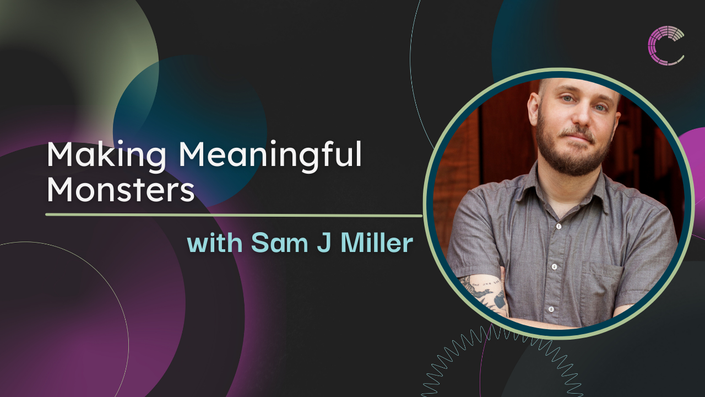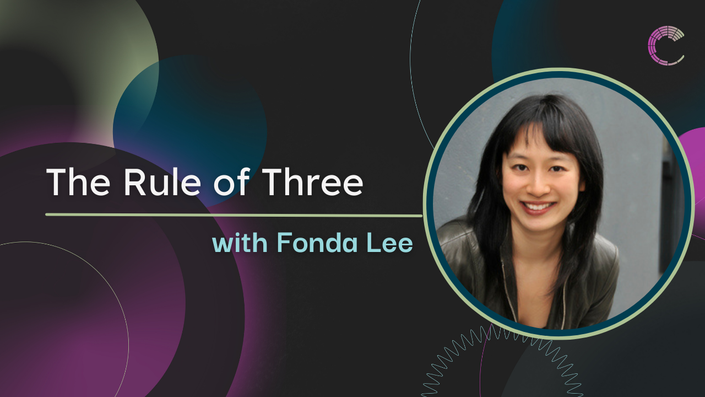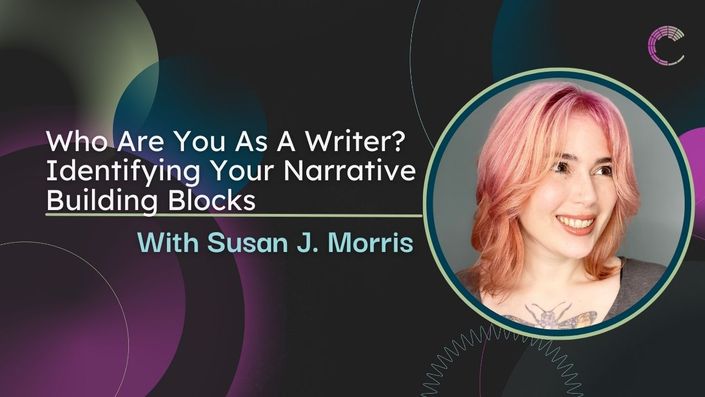About this course
The videos included in this course are recordings of a live class. The instructor is not available for questions or feedback at this time.
Folkloric expression is rich and varied in cultures around the world, both traditional and modern. Authors of fantastic fiction often draw on folkloric traditions to enrich their worldbuilding, but this needs to be approached carefully.
In this class, we will explore some concepts from folkloristics, or the study of folklore, to examine the traditional structuring of narratives. We will examine what makes something folklore, and how our own storytelling may benefit from folkloric approaches. We will then take a look at concepts from Axel Olrik’s Epic Laws, Propp’s Morphology of the Fairytale, the ATU Tale Type Index, the Motif-Index, and the composition of epic poetry to examine how some of the structures and techniques of traditional narratives can be used for plotting and structuring scenes. We will also take a look at how folk life may appear in our stories, and how we can move beyond verbal genres in our worldbuilding to construct fantastic worlds rich in folk traditions, which may include material culture, dances, rituals, and foodways. Last but not least, this workshop encourages careful engagement with folkloric traditions, and examines how the legacies of imperialism, colonialism, Eurocentrism, racism, and sexism in academia and beyond continue to affect how folkloric material is used and received in literature.
The workshop will have a special emphasis on Ukrainian folklore (although it will not be limited to just Ukrainian folklore).
Topics Covered
- What is folklore, and how to recognize that something is folklore?
- What can we learn from folkloristics theories about structuring of folk narratives, and how can we use these approaches to help us construct scenes and plots?
- How can we use the concepts we learned to imagine rich secondary worlds full of folk traditions such as rituals, beliefs, and material culture?
- Finally, throughout the workshop we will examine how major folkloristics theories (and folklore in popular imagination!) have been affected by such major issues as imperialism, nationalism, racism, sexism, and more. We will do exercises to apply what we learned to worldbuilding. We will discuss how we can engage with folklore carefully.
Student Takeaways
- Traditional items of folklore such as fairy tales, epic songs, and folk dances, among others, have a specific structure which helps their transmission from person to person (via storytelling or observing others in practice). To help with both learning and composition, folk items often have "building blocks". These building blocks, and the theories developed to identify and describe these building blocks, are very useful to a fiction writer. However, harmful legacies of colonialism, racism, and sexism color our engagement with folklore in modernity, and we must be informed and careful about how we approach this material.
Duration of Class
120 minutes
Course Curriculum
- Using the Folklorist Toolkit 1: What is Folklore? (13:47)
- Using the Folklorist Toolkit 2: Is this Folklore? (8:29)
- Using the Folklorist Toolkit 2.5: Is this folklore and identifying exercise (12:01)
- Using the Folklorist Toolkit 3: Folklore and Worldbuilding (16:41)
- Using the Folklorist Toolkit 3.5: Worldbuilding Exercise (4:02)
- Using the Folklorist Toolkit 4: Verbal Folklore Myths and Legends (12:44)
- Using the Folklorist Toolkit 5: Axel Olrick Epic Laws (14:00)
- Using the Folklorist Toolkit 6: Classifying Folklore part 2 (14:30)
- Using the Folklorist Toolkit 7: Exercise (2:06)
- Using the Folklorist Toolkit 8: Motif Index (13:30)
- Using the Folklorist Toolkit 9: Tale Type Index and Conclusion (14:32)
- Survey

About RB Lemberg
R. B. Lemberg (they/them) is a queer, bigender fantasist, poet, and professor. R. B.’s Birdverse novella, The Four Profound Weaves (Tachyon, 2020) was a finalist for the Nebula, Ignyte, Locus, and World Fantasy awards, as well as an Otherwise Award honoree; they are also a Le Guin Feminist Fellow. R. B.’s first Birdverse novel THE UNBALANCING will be published by Tachyon in September 2022. Originally from L’viv, Ukraine, R.B. now lives in Lawrence, Kansas with their spouse and fellow author Bogi Takács, their child Mati, and an accumulation of books and fountain pens. You can find R.B. on Twitter at @rb_lemberg, on Patreon at http://patreon.com/rblemberg, and at their websites rblemberg.net and birdverse.net




